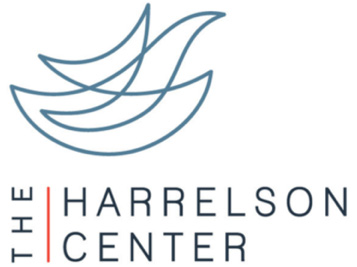It’s not just affordable, but also accessible housing that is needed.
As a community, indeed as a nation, we are all aware of the need for more affordable housing. But what’s often left unsaid is the need for housing that accommodates the varied needs of our neighbors, and programs that guard current homeowners from being displaced by increasing property taxes, insurance rates and gentrification.
This is generally the work of nonprofits: to pursue or secure not just affordable, but also accessible housing for those who are often shut out from the overall real estate market.
Here in the Cape Fear region, these are the organizations advocating for many who face multiple challenges — safe, affordable and accessible housing key among them.
A Safe Place provides supportive housing for victims of sex trafficking and exploitation. Later this year, they will open their “farm” located in a tranquil setting where long term residents will harvest fresh eggs, raise goats, participate in restorative yoga and grow vegetables – all while learning essential life-skills.
Wilmington’s tiny home community, Eden Village, is designed for people who have been chronically homeless. This gated community provides meals, reliable health care and access to supportive services for those who would otherwise likely remain unhoused.
Family Promise provides temporary and transitional housing for families escaping domestic violence or homelessness. Shelters, as a rule, don’t accommodate children, so Family Promise fills that niche, providing case management, resources and skills training to help clients regain and maintain financial independence.
For our neuro-diverse citizens, GHA Autism Supports provides supportive permanent housing for adults with autism, while IndependentWorks has secured land on which they plan to build CityWorks, an inclusive long-term rental housing for seniors and adults who have autism or other neuro diversities, allowing them to enjoy a safe and accessible community.
LINC (Leading Into New Communities) provides a supportive housing community to welcome men and women who have been released from the correctional system. They offer intensive case management, job training, support for educational attainment, substance abuse treatment, and health and medical services in a wholistic therapeutic environment. LINC also offers housing for qualified, justice-involved individuals in the community who are employed and have become unhoused.
There are even more nonprofits that address aspects of housing, if not permanent housing per se: Catholic Charities provides home repairs for disaster victims; Cape Fear Collective is proving the value of impact investing in affordable housing and tracking data regarding available housing rentals. The Salvation Army will be opening its new shelter later this year and, together with our Help Hub, provides rental assistance to keep residents housed when they fall on hard times. The Financial Protection Law Center provides legal representation for low-income residents to help them preserve home ownership, build equity and prosper.
Cape Fear Habitat for Humanity serves families through the construction and rehabilitation of homes throughout Pender, Duplin, and New Hanover counties. By the end of 2024, more than 500 families had earned permanent homes through Habitat’s Cape Fear chapter. Bravo!
And, until it lost all federal funding in early February, 2025, Church World Service Wilmington served as a local resettlement agency for refugees, immigrants, and asylum seekers from around the globe. CWS worked to secure housing with wrap-around support for these new American residents, individuals and families alike, who are navigating an entirely new culture, currency and unsure circumstances. Today, the loss of federal funds has left the over 500 refugees and immigrants whom CWS Wilmington serves at risk of falling through the cracks: losing their housing, health care, benefits, employment, and educational services.
The Harrelson Center has also just hired a housing navigator to address housing stabilization for lower wage workers, fixed income and vulnerable populations, and households at risk of displacement. The goal is to help neighbors who risk losing their home as a consequence of our area’s rising prices. By expanding housing supports and services and building relationships with residents, landlords, property managers, housing advocates and government officials, the Harrelson Center’s housing navigator hopes to fill a gap in housing-related community services.
Like so many communities around the country, Wilmington is working on solutions to the affordable housing crisis. Fortunately, through these nonprofit organizations, our community is also keeping an eye on – and advocating for — the distinct housing needs faced by so many.

